Majora Carter: Urban Revitalization Strategist
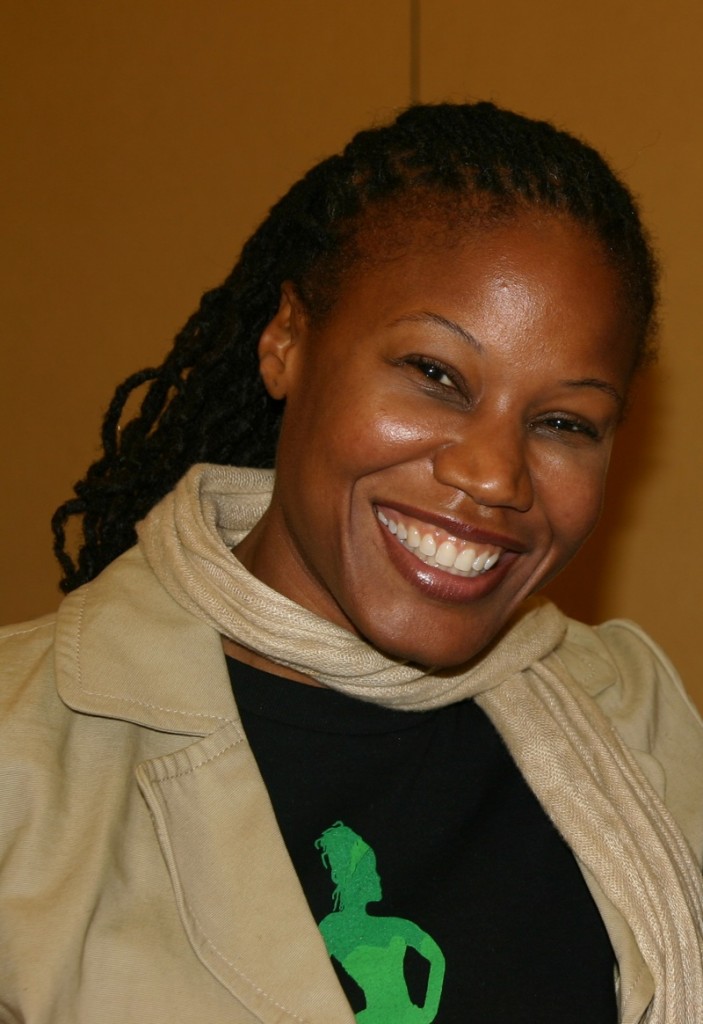
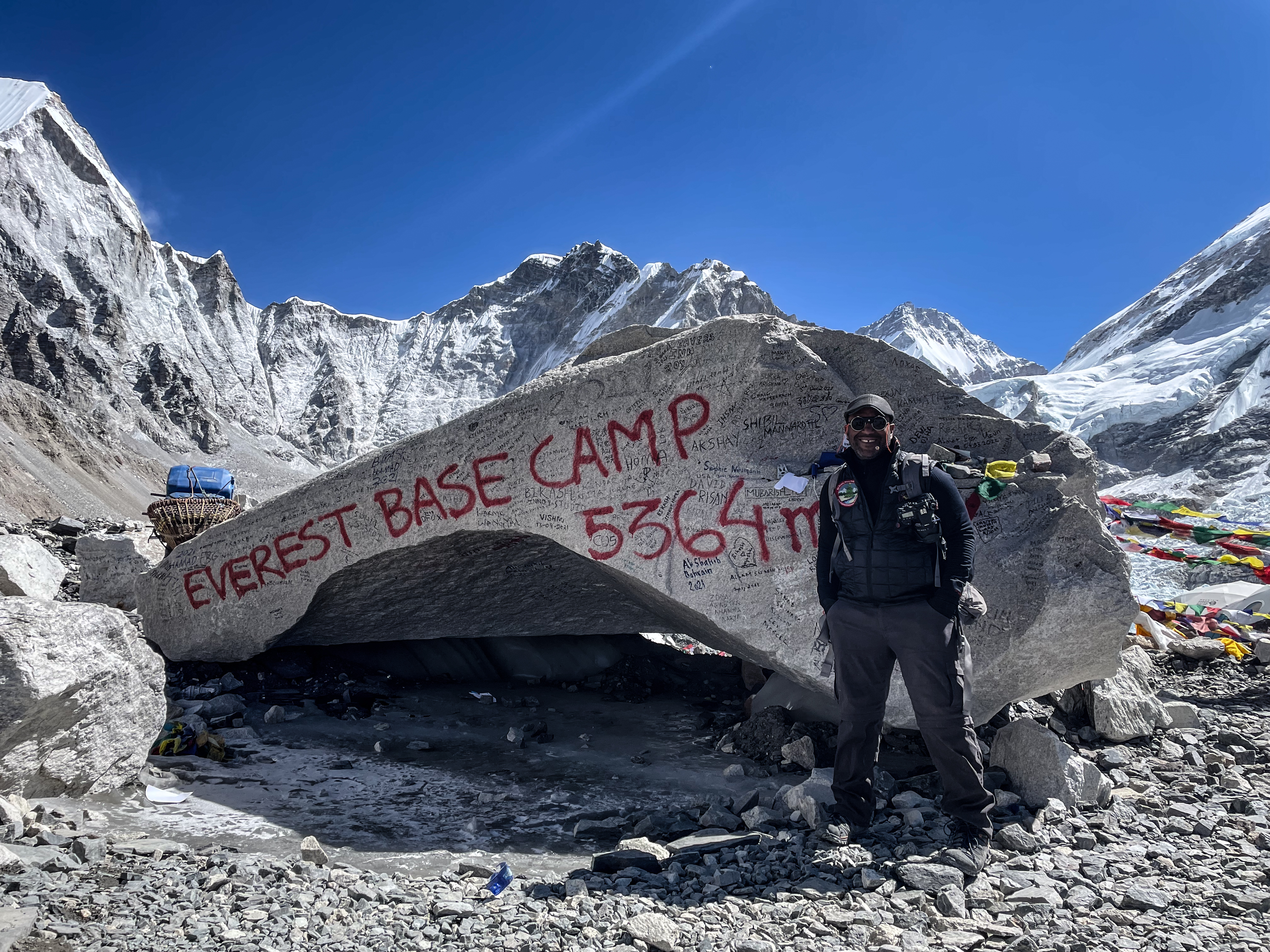
Reporting on the Business, Art and Culture of the Active Lifestyle
by James Edward Mills
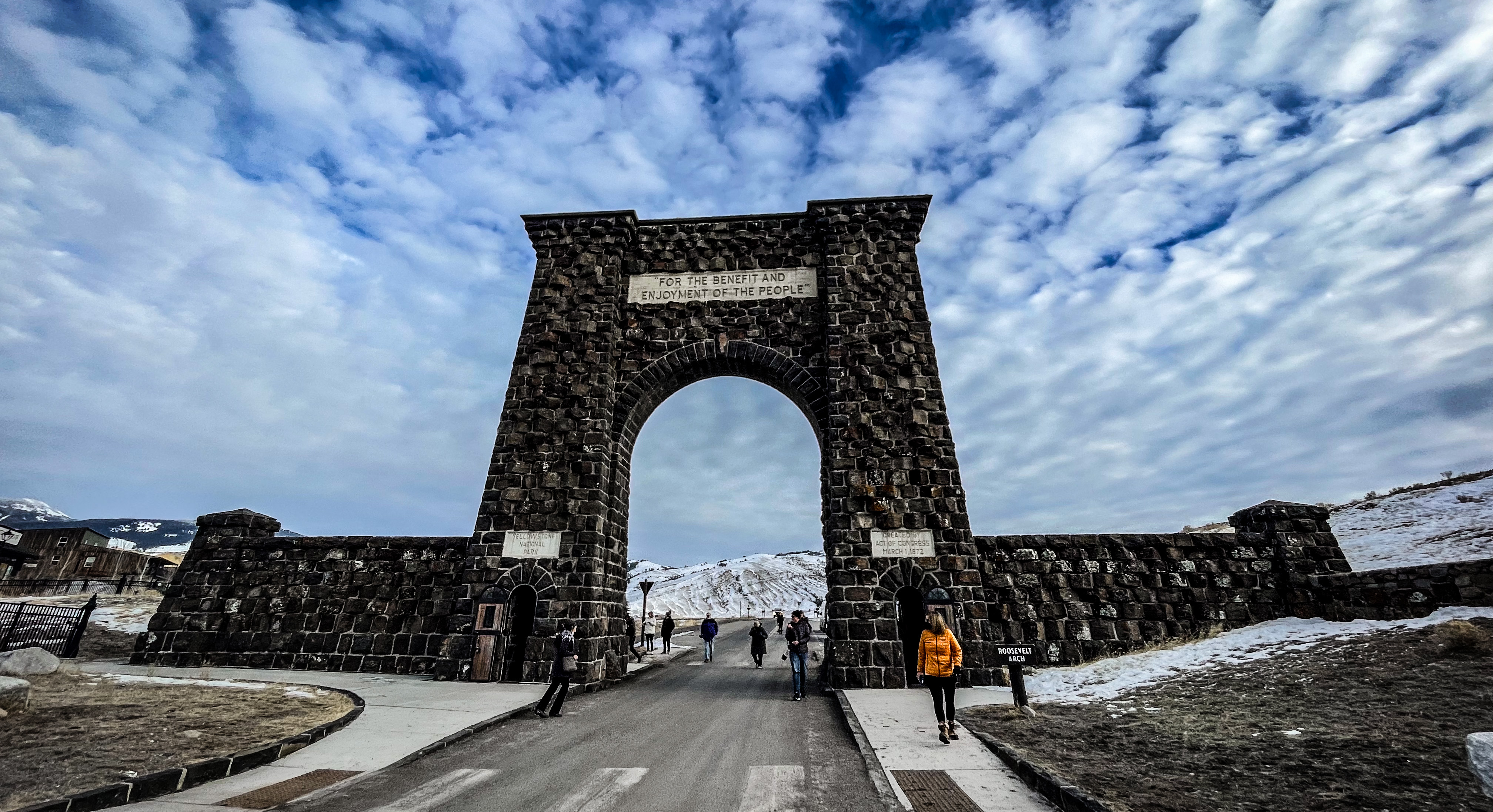
Parks Paid Forward
Learn More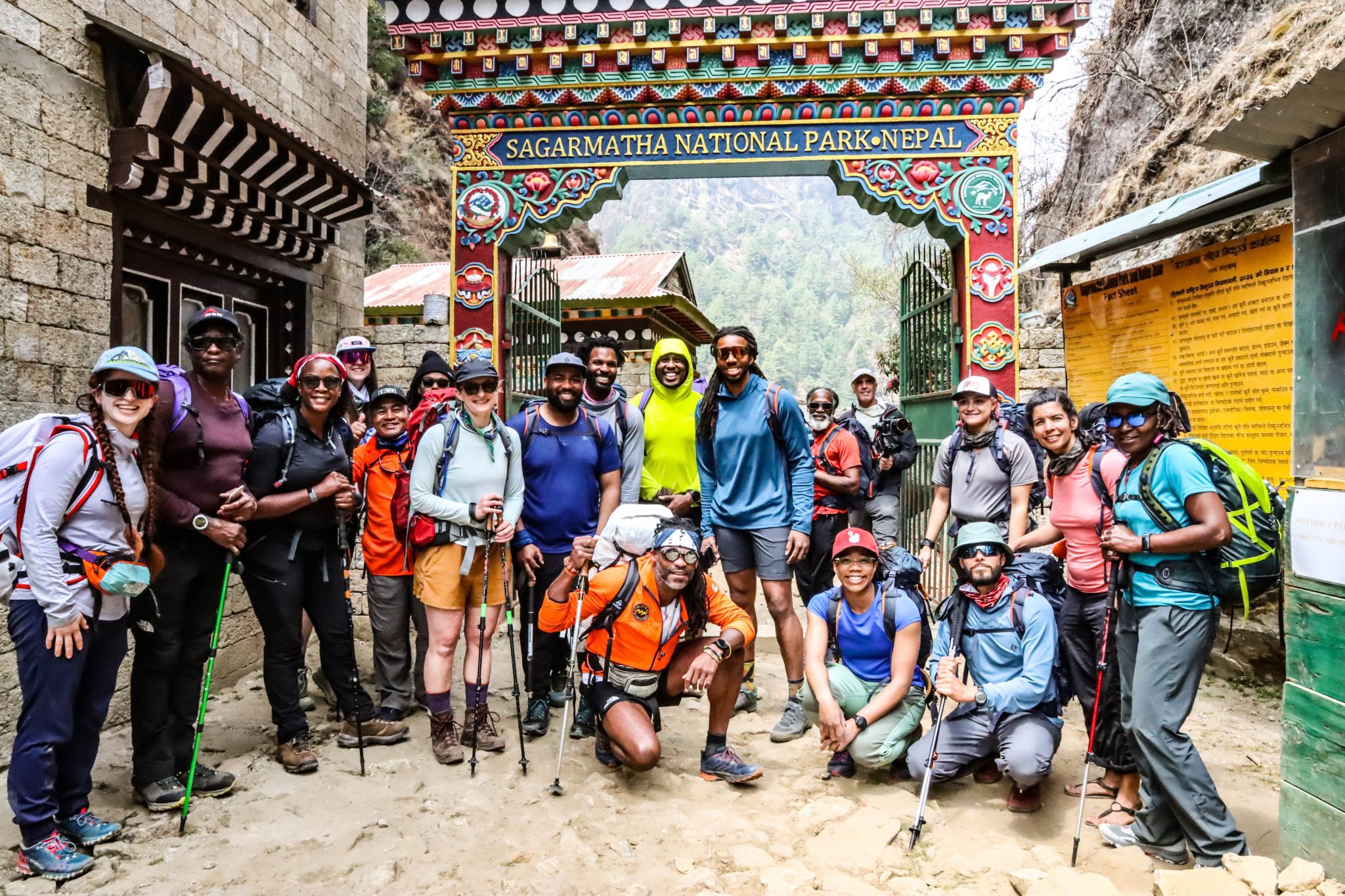
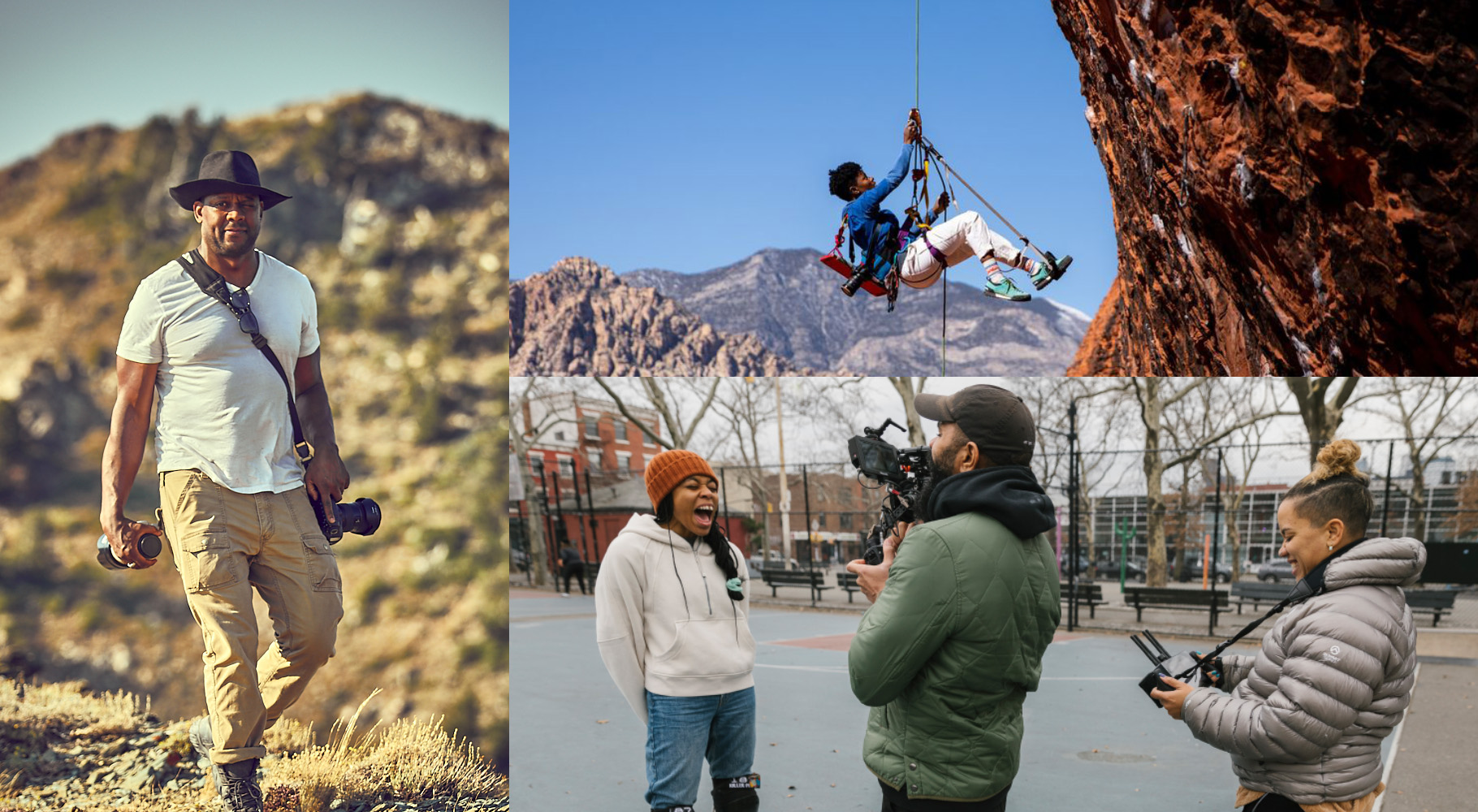
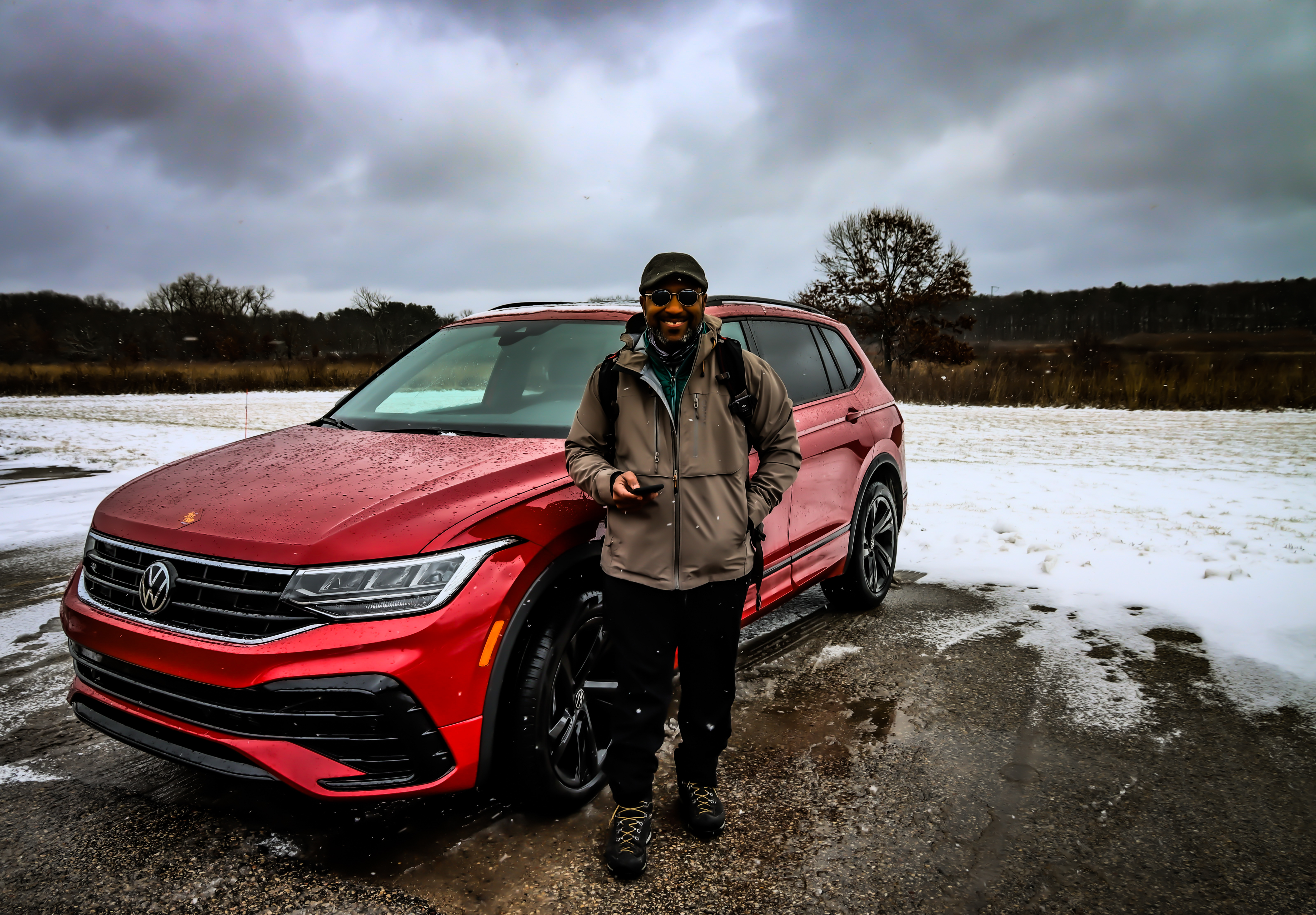

“Winter is not a season, it's an occupation” Sinclair Lewis ~ American novelist, short-story writer, and playwright. In 1930, he became the first American to be awarded the Nobel Prize in Literature (1885-1951) Photograph by Chris Gibbs...
“In the depths of winter I finally learned there was in me an invincible summer” Albert Camus ~ French author, existentialist philosopher, and journalist who was awarded the Nobel Prize for Literature in 1957, (1913 – 1960) Photograph by Chris Gibbs...
“Nature chose for a tool, not the earthquake or lightning to rend and split asunder, not the stormy torrent or eroding rain, but the tender snow-flowers noiselessly falling through unnumbered centuries. John Muir ~ Scottish-born American naturalist, author, and early advocate of preservation of wilderness (1838 –1914) Photograph by Quang-Tuan Luong ...
When presented with a certain weather condition, I often start by thinking how can I truly show natures power and beauty before looking for photo ops. It is hard to capture bitter cold, so throw a warm cup of warm water in the air at -35 Fahrenheit and bitter cold shows itself by freezing water instantly. Frost River Trek 2008 Photograph and advice by Chris Gibbs...
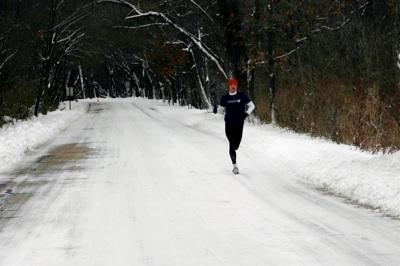 Janice Beers is getting ready for her 12th marathon. And for the first time she’ll do the bulk of her training while there’s still snow on the ground.
“It’ll be in February,” she said. “And I’m a little freaked out about running through the winter.”
Fortunately the event itself will be in Jacksonville Beach, Florida, the National Marathon To Finish Breast Cancer. Running for such a worthy cause Beers will likely enjoy a comfy 70 degrees or more on race day. But in the months leading up to her day in the sun, this Wisconsin resident, 44, is more than a little apprehensive about running in sub-freezing temperatures on the icy streets of Madison.
“Don’t get me wrong,” Beers says. “I love the falling snow and all that. I just don’t know what to expect putting in all those miles when it’ll be so cold out.”
During an average winter in Wisconsin temperatures will settle to 20 degrees or less well through the month of March and into April. Add to that few hours of daylight from dawn ‘til dusk and five to six months of winter training outdoors could be very difficult.
“It’ll be hard to find the motivation just to get out of bed ‘cause it’ll be dark,” Beers says, “When it’s nasty out I won’t have that push I’d have in the spring and summer when the weather’s nice.”
If you’re going to maintain the training base you built up when the days were long and warm, winter running is an inevitable part of the Madison active lifestyle. And if you can’t stand the thought of running indoors on a treadmill don’t worry. With the right combination of technical clothing and some knowledgeable advice you’ve got more than a few options when it comes to outside workouts. Even during the coldest months of the year you can run the winter warm.
Janice Beers is getting ready for her 12th marathon. And for the first time she’ll do the bulk of her training while there’s still snow on the ground.
“It’ll be in February,” she said. “And I’m a little freaked out about running through the winter.”
Fortunately the event itself will be in Jacksonville Beach, Florida, the National Marathon To Finish Breast Cancer. Running for such a worthy cause Beers will likely enjoy a comfy 70 degrees or more on race day. But in the months leading up to her day in the sun, this Wisconsin resident, 44, is more than a little apprehensive about running in sub-freezing temperatures on the icy streets of Madison.
“Don’t get me wrong,” Beers says. “I love the falling snow and all that. I just don’t know what to expect putting in all those miles when it’ll be so cold out.”
During an average winter in Wisconsin temperatures will settle to 20 degrees or less well through the month of March and into April. Add to that few hours of daylight from dawn ‘til dusk and five to six months of winter training outdoors could be very difficult.
“It’ll be hard to find the motivation just to get out of bed ‘cause it’ll be dark,” Beers says, “When it’s nasty out I won’t have that push I’d have in the spring and summer when the weather’s nice.”
If you’re going to maintain the training base you built up when the days were long and warm, winter running is an inevitable part of the Madison active lifestyle. And if you can’t stand the thought of running indoors on a treadmill don’t worry. With the right combination of technical clothing and some knowledgeable advice you’ve got more than a few options when it comes to outside workouts. Even during the coldest months of the year you can run the winter warm.


You must be logged in to post a comment.